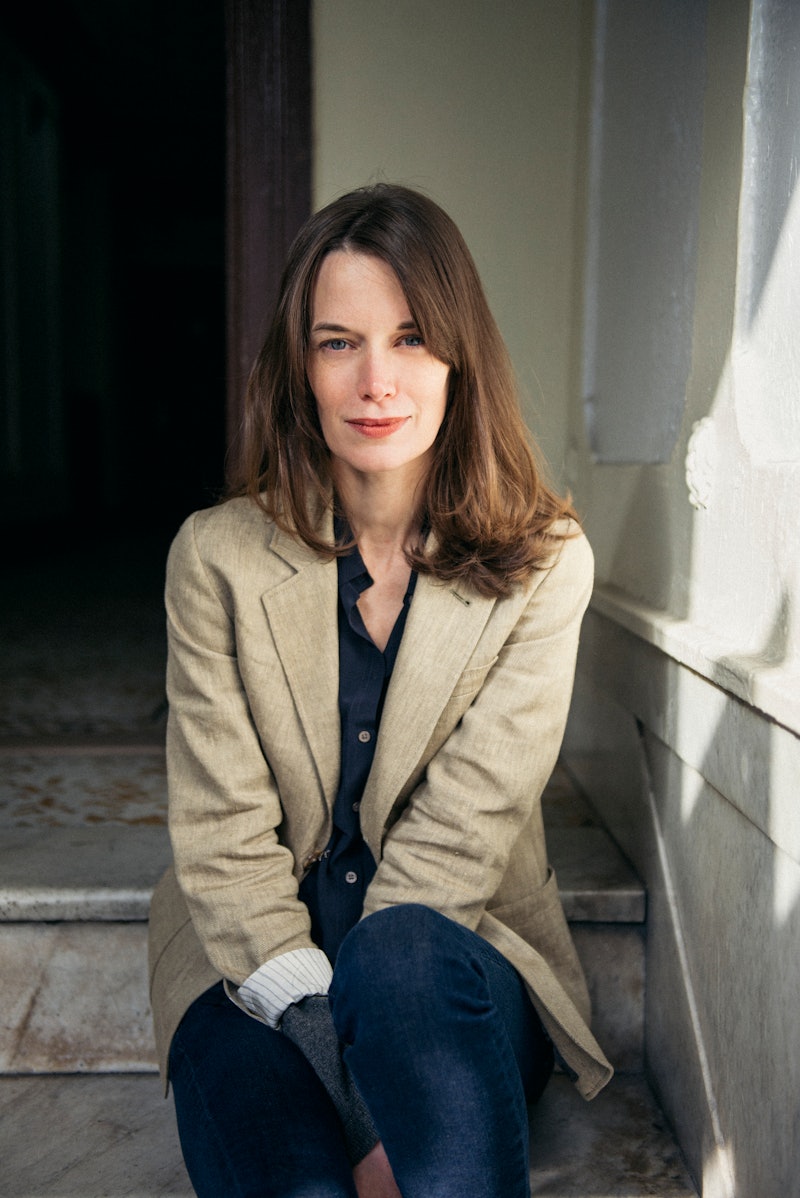Books
Faith and Family in 'More Than Conquerers'

From the very title of Megan Hustad's new memoir, More Than Conquerors: A Memoir of Lost Arguments, you know you're dealing with an author who both has a sly sense of humor and understands nuance. And throughout Hustad's memoir about growing up with missionary parents, both of those skills are on full display. It's a story about family and about faith – both found and lost – about culture wars and about identity. And it's a story lovingly told.
Megan Hustad was only three when her parents moved the family to the island of Bonaire so they could work for Trans World Radio, an evangelical organization that broadcast radio programs from this little outpost in the Caribbean across the Western Hemisphere. The family adapts to Bonaire, and later to Holland, but the experience of being a missionary family changes all of them, permanently. They find themselves out of step with both fellow missionaries and the people of Bonaire and Holland. And later, after their return to the States, they realize they have grown out of step even with each other.
Hustad has a gift here for showing her various family members honestly but lovingly in each interaction, at each stage in the family's saga. She neither shies away from or excuses her father's late-in-life strict conservative views. She doesn't condone or condemn her own and her sister's rebellions against religion. And so what emerges is a careful and nuanced view of a family whose cracks happen to run along larger political and social lines.
Hustad's memoir is about her family, but Christianity is also inextricable from her family, and though she herself is no longer Christian, her view of the religion is rich and nuanced. Hustad takes issue with both the righteousness and hypocrisy displayed by many of the missionaries she knew in her youth and also the righteous ignorance from many people raised in secular homes with no familiarity with Christianity beyond sound bites on television. Hustad infuses her narrative with another side of Christianity, one where people think deeply about their faith and feel it sincerely. It is her understanding of Christianity in these terms that puts Hustad on the outside of secular culture.
Yet despite her differences with her parents, despite no longer being religious herself, she maintains a relationship with her family. The Hustads always love each other, long after they have stopped agreeing with each other. They have to search for safe topics of conversation, to bite their tongue when talk veers into dangerous territory, and to forgive each other their differences. But the point is that they do. Hustad is right to call this a "memoir of lost arguments," even though people in the book rarely argue. The members of the family have been arguing with themselves and each other and the culture at large about how to be, and in the end they all go their own way regardless.
Megan Hustad has written a powerhouse of a memoir, one that should be read by anyone interested in the ways faith, family, and culture connect and clash. It's a heartfelt and deeply nuanced book that provides an engrossing family saga and plenty of food for thought.
Image: Patrick Kolts